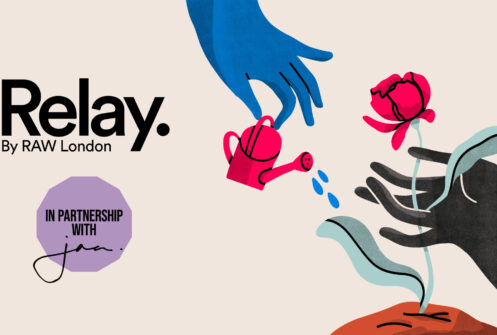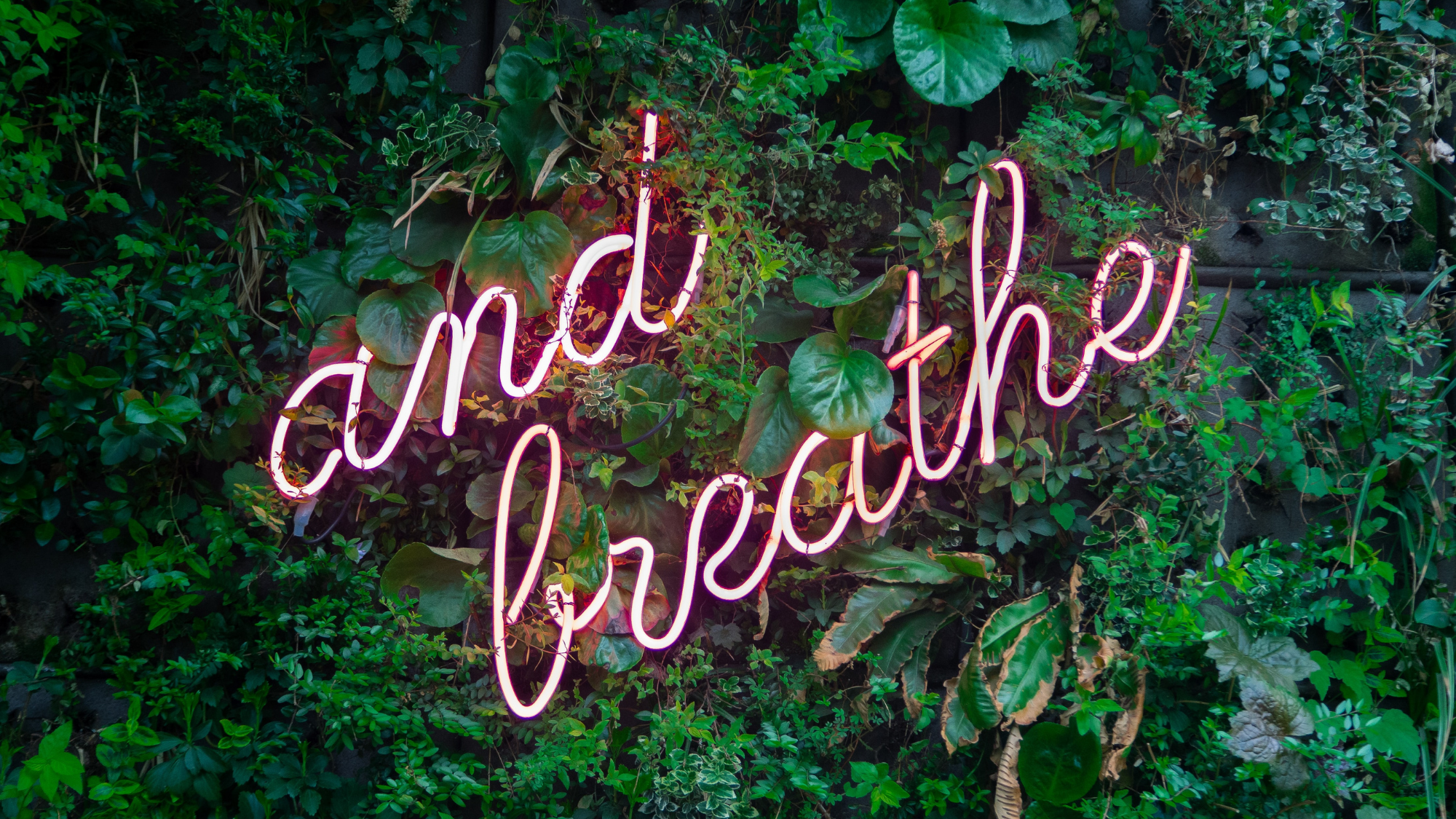

There are two things almost every industry needs in order to thrive: productivity and creativity. But with lockdown taking a huge toll on our mental health, and levels of depression and anxiety still increasing, how can businesses offer support? And what is the financial impact of investing in employee wellbeing?
More than ever, we’re looking for digital solutions to help us manage our wellbeing. In fact, during the height of lockdown in 2020, there was a huge surge in meditation and mindfulness app downloads. As a result, Calm has over 100 million downloads to date and Headspace was downloaded 65 million times in 2020 alone – 10 times the downloads of the previous 4 years!
Even before the pandemic, the hugely popular YouTube channel Yoga with Adriene had over 7 million subscribers. Today that number is closer to 10 million. This, and the rising uptake of meditation, shows a growing desire to live a more mindful life as we learn to juggle our busy daily life.
The proven benefits of meditation are vast. Sharon Salzberg’s The Power of Meditation explores research by neuroscientists and psychologists, showing that the adult brain is capable of neuroplasticity – or the reforming of new cells and pathways.
Other studies show that meditation can create significant physiological changes in the brain. These changes can positively affect your health, mood, and even your behaviour. It can also:
Research shows that there is a direct correlation between positive employee wellbeing and enhanced productivity and creativity. It’s been proven to decrease the number of sick days, increase motivation and even build better teams. So, investing in employee wellbeing schemes really is just that – an investment.
And many brands have already realised this. For example, when Google introduced mindfulness and meditation practises, executives said it not only reduced stress, but also boosted creativity. LinkedIn and Starbucks all offer their staff a free subscription to Headspace. Facebook and Johnson & Johnson are well known to promote wellbeing, offering a range of benefits.
Famously, the Chicago Bulls even went on to win six NBA championships after their Head Coach, Phil Jackson, encouraged mindfulness and meditation between matches.
Brands are already taking note of the relationship between wellbeing and performance. Many have already invested in programs, and I think we’ll only see that grow over the next few years.
With our collective lived experience of COVID-19, I think we’re all more personally aware of the importance of good mental health and wellbeing. This has put more emphasis on wellbeing in the workplace – which is why we need to keep it at the top of the agenda.
So, as people take further steps to prioritise their mental health, I would urge all businesses to proactively offer their support. If not only for your moral obligation, but for the long-term competitive advantages it can create.